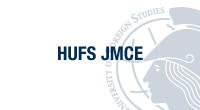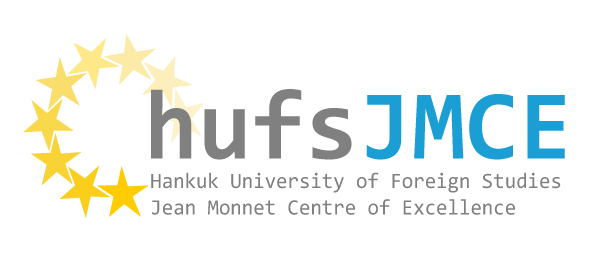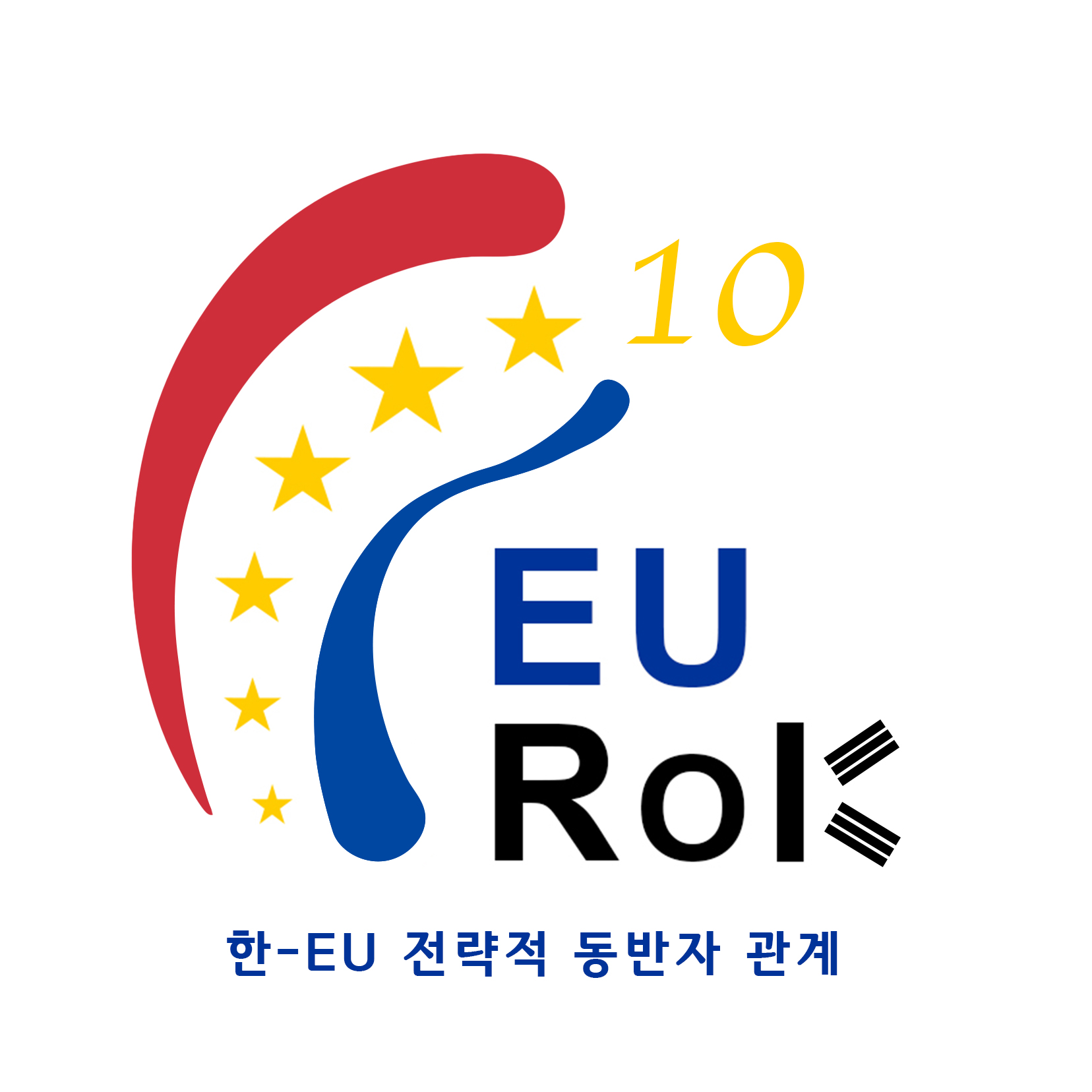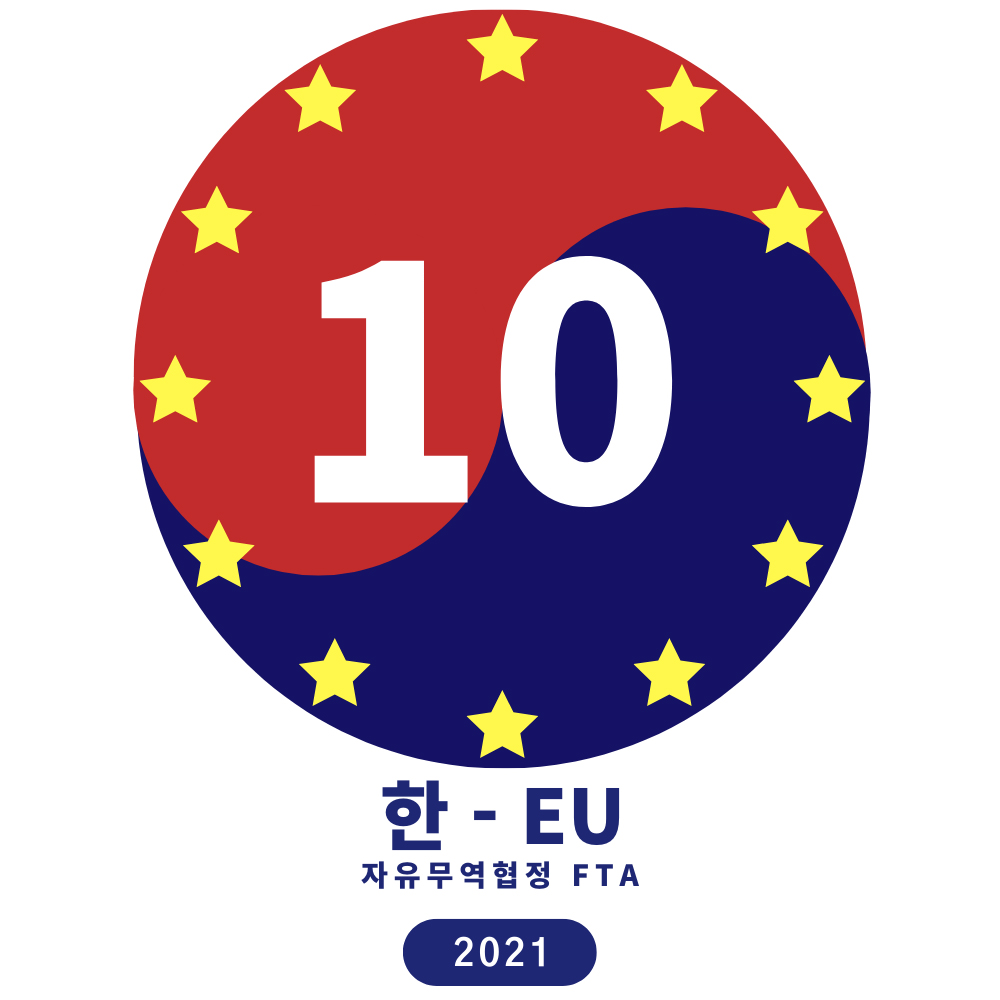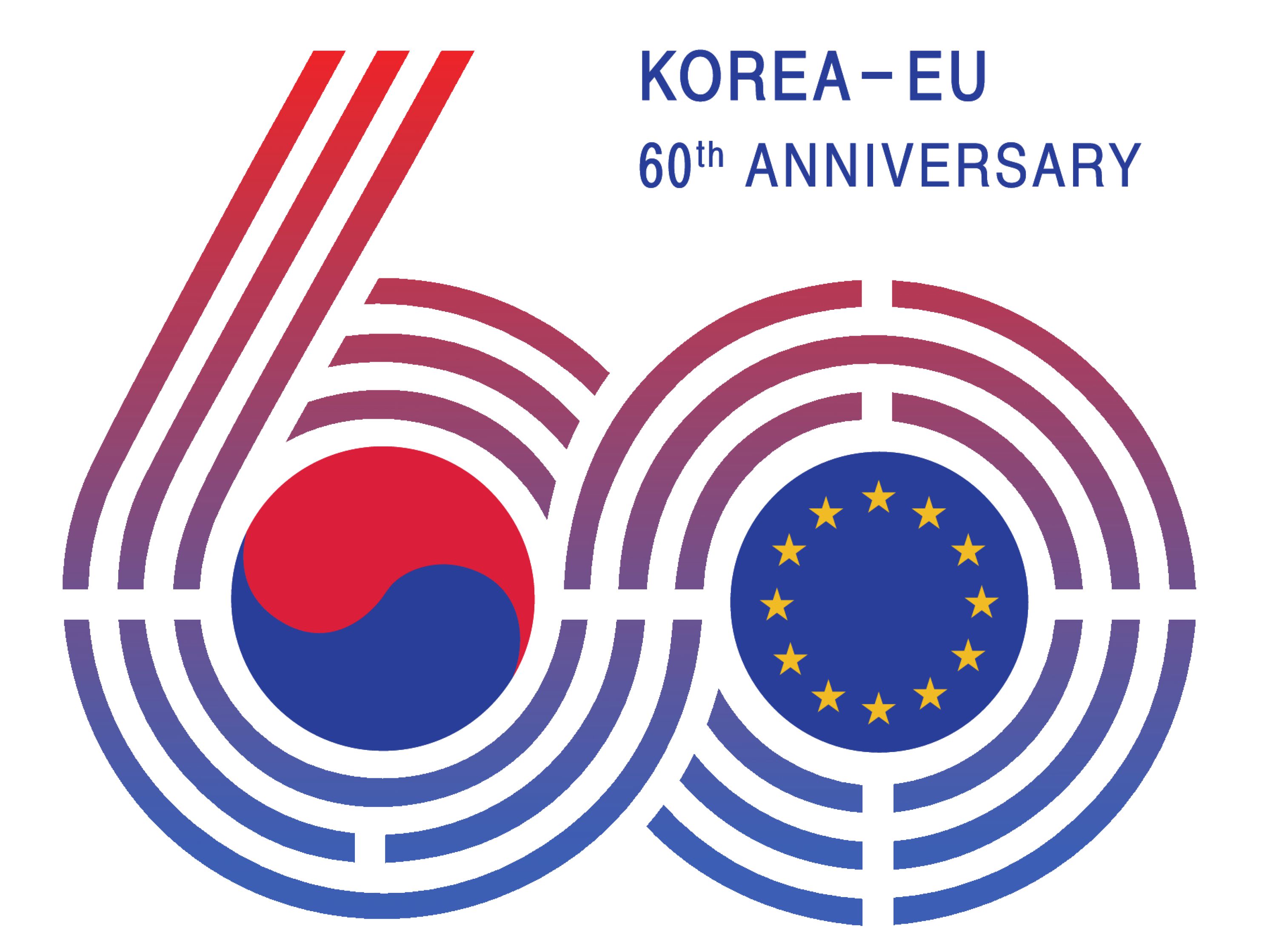
Mission Statement
HUFS JMCE Ⅲ(2022-2025)
1. From Connectivity to Global Gateway
We are witnessing and passing through turbulent and at the same time stimulating times. While the pandemic brought fears, restrictions, isolation and sovereign nationalism, we are indulging in more connections between Europe and Asia. Meanwhile Europe appears to be active in advocating an extension of its Connectivity Strategy from Asia to the globe through the Global Gateway. In parallel, the decade-long tradition of issuing diverse kind of Asia strategies or Asia-Pacific policy papers is extended to the Indo-Pacific. The perception of the world seems to become larger. And the theatre for action is enlarged not only through Indo-Pacific Strategy but also with the Global Gateway and Strategic Compass. We will examine the lineaments of EU’s strategic thinking and find out possible areas of conjuncture between Europe and Asia in the years to come.
Main Themes
• Transition from Asia to the Indo-pacific
• Global Gateway: Europe’s Strategy to better connect the world
• Strategic Compass: Security Partnership in the Indo-Pacific Region
2. Securing Resilience of Global Supply Chain between Europe and East Asia
The strategic competition between the United States and China has been challenging the connectivity between Europe and East Asia. Furthermore, the Covid-19 crisis revealed the vulnerability in global supply chains. The EU developed its cooperation stance with the US and China under its 'Strategic Autonomy.' What does EU’s autonomy mean for its cooperation with other countries in East Asia? We suppose that the paradigm of trade and industrial cooperation has been shifting its focus from a technical advantage to a combination of trade, supply chains and sustainability (labour and environmental) issues. In this context, this research will examine how the EU and East Asian countries (focusing on Korea) to respond to secure resilience of supply chains, as well as enhancing competitiveness. We will also explore ways of improving and strengthening bilateral cooperation in the context of Europe-Asia connectivity.
Main themes
- • Identifying global supply chain and its development
- • EU’s open strategic autonomy, sovereignty and its implication to East Asia
- • Resilience and reorientation of industrial network and Europe-Asia cooperation
3. EU-Korea@60: Consolidating EU-Korea Cooperation
Korea and the EU will commemorate 60 years of bilateral relations in 2023. It was back in 1963 when both parties agreed to launch these particular diplomatic relations. During the six decades of like-minded partnership, EU and Korea achieved meaningful accomplishments such as FA, FTA and FPA in Crisis Management. Now is the time that both Korea and the EU upgrade their relations into next dimensions in the region and globally. We believe that cooperation in the third countries are constructive and promising. EU’s Connectivity Strategy and Global Gateway are ideal examples where both parties could yield any tangible outcomes. In fact, Korea’s New Southern Policy has a target area, in particular, of India and ASEAN countries. Health, digital and climate actions are the venue where two parties could cooperate in building norm setting and policy coordination in the global arena.
Main themes
- • Bilateral Relations: Strengthening Strategic Partnership
- • Regional Dimension in the Indo-Pacific Region
- • Global Cooperation in Health, Digital and Climate Actions
HUFS JMCE Ⅱ(2019-2022)
1. Security Connectivity between Europe and Asia
2019 will mark a critical and transitional year for Europe. With new leadership upon European Parliament election, there could be some instability and uncertainty, but could also yield positive dynamics. Connecting Europe and Asia from security point of view will examine in detail these transformations and try to figure out ways ahead. In particular, Belt and Road Initiative and Indo-Pacific Strategy are to be analysed with comparative perspective. In this end, the case of maritime security will furnish a focal locus whether the EU might engage in Asian security matters, without appearing to take sides. That would be contribution to the promotion of a rules-based order and cooperative security initiatives.
Main Themes
- • New EU Leadership and EU-East Asia Relations
- • Chinese BRI and Indo-Pacific Strategy
- • Cooperation between Europe and Asia on Maritime Security
<Trade for All Strategy> in 2015 marked a quantum shift of economic concerns in Europe. More responsible trade and investment are underlined. However, with the advent of Trump Administration, things are changed drastically, causing issues such as illiberal international order, protectionism and trade war among states. In this part, FTA with East Asian partners are to be analysed and eventually to see if CJK FTA might be attainable with long term perspective. Economic and Trade connectivity will explore the possibility of further liberalisation through trade deals between Europe and Asia.
Main Themes
- • Trade for all Strategy and Protectionism
- • EU-Korea FTA, EU-Japan EPA and Further Development
- • CJK FTA and EU-East Asia Economic Relations
3. Connecting Europe to Asia in Mobility
Prospective relations among nations are guaranteed only with mobility of younger generation in respective countries. Europe has been vanguard in this realm and Erasmus generation contributed further to the very process of European integration. While in Asia, a new mobility scheme called Campus Asia among China, Japan and Korea was introduced in 2012. Unfortunately, however, due to historical and territorial disputes, dynamics for implementation stalled. This section will explore a kind of exit strategy for this troubled situation in comparison with European experience. In the end, main focus will be centered on inbound mobility from Europe to Asian countries to make balance with outbound from Asia to Europe.
Main Themes
- • Erasmus + and European Mobility
- • Mobility in East Asia: The Case of Campus Asia
- • Inter-regional Cooperation on Mobility between Europe and Asia
HUFS JMCE Ⅰ(2016-2019)
1. New EU Global Strategy and East Asia
The conferences and workshops will be aimed at encouraging academic discussions of various topics related with the EU-Korea cooperation in the fields of foreign security and defense policy, which will be organized by HUFS and devoted to the themes on EU-Korea security cooperation in a wide range of international security issues, such as proliferation of WMD, terrorism, counter-piracy, inter-Korean relations, international conflict resolution, and peace-building.
Tentative Themes
- • EU Global Strategy and Inter-regionalism
- • EU and East Asia from Comparative Regionalism Perspective
- • Crisis Management under the Framework Participation Agreement
2. Critical Engagement Policy of the EU
DPRK has become a concern for major powers. Given that neighbouring countries prefer status-quo rather than basic changes on the Peninsular, a comprehensive solution is hardly met in due time. The EU has been supporting the the ROK’s policy in regards to the DPRK, and it can be defined as critical engagement. This policy on the one hand firmly condemns the nuclear provocation and criticises the human right violation, but on the other hand provides humanitarian assistance and programmes for development aid through capacity building. And the EU has persistently sought multilateral solutions. Despite different international setting, the recent case of Iran might furnish the implication possibly applied to the Korea peninsula and the EU could be an honest broker or listener in containing security escalations in the region.
Tentative Themes
- • Nuclear Issues in the Korean Peninsula
- • Humanitarian Assistance and Capacity Building
- • Multilateral Solutions and the EU's contribution
3. Emerging Areas of Policy Cooperation between EU and Korea
As is well known, the EU has been considered as a soft and normative power and its history and process of integration deserves to be recognised as a reference to other regionalism in the world. Some areas are much more advanced compared to Korea in aspects such as gender equality and environmental issues, while other show similar tendencies, i.e. searching for global talents due to a brain drain. Moreover, migration and asylum are growing concern to both parties. Therefore, now is the time to examine these from comparative viewpoints. Cooperation under Erasmus+ and Horizon 2020 are particularly significant and promising given that both assume competitive edges in some areas while not in others. Gender issue is pivotal not only from an equality and parity dimension, but also to socio-economic development. Higher employment of the female population, together with rising fertility rates, produces a higher rate of economic growth.
Tentative Themes
- • Education and R&D: Erasmus+ and Horizon 2020
- • Gender Equality and Social Development
- • Global Governance of Migration and Asylum







